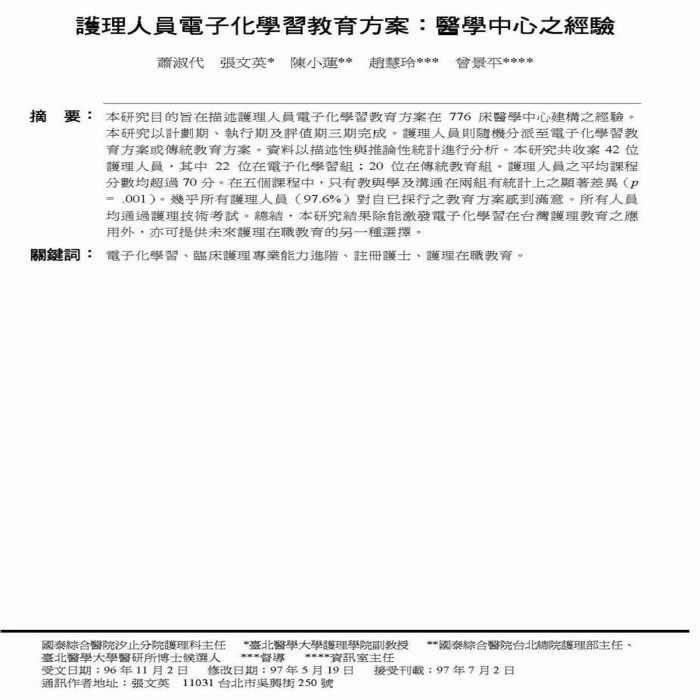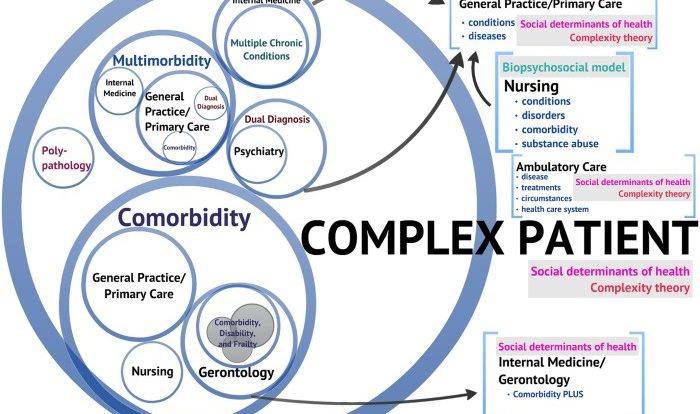Embark on a comprehensive exploration of the RN Learning System Comprehensive Final, a pivotal assessment designed to evaluate the knowledge, skills, and critical thinking abilities of aspiring nurses. This guide provides an in-depth overview of the exam’s content, format, and effective preparation strategies to empower you for success.
The RN Learning System Comprehensive Final encompasses a wide range of nursing concepts, challenging candidates to demonstrate their understanding of patient care, critical thinking, and problem-solving. By delving into the intricacies of this high-stakes exam, this guide equips you with the tools and insights necessary to excel.
RN Learning System Comprehensive Final Overview
The RN Learning System Comprehensive Final is a culminating assessment that evaluates the knowledge and skills acquired throughout the nursing program. It serves as a comprehensive examination that ensures graduates are prepared for the demands of professional nursing practice.
The final exam covers a wide range of topics, including fundamental nursing concepts, medical-surgical nursing, obstetrics, pediatrics, and mental health nursing. The exam is designed to assess students’ critical thinking, problem-solving, and clinical judgment skills.
Format and Structure, Rn learning system comprehensive final
The RN Learning System Comprehensive Final is a multiple-choice exam consisting of approximately 200 questions. The questions are divided into three sections: knowledge-based, application-based, and case study-based.
- Knowledge-based questionsassess students’ understanding of nursing concepts and principles.
- Application-based questionsrequire students to apply their knowledge to real-world nursing scenarios.
- Case study-based questionspresent students with a clinical case and ask them to analyze the data and make appropriate nursing decisions.
Exam Preparation Strategies
Preparing for the RN Learning System Comprehensive Final requires a comprehensive and strategic approach. Here are some effective study methods:
- Review course materials:Thoroughly review all course materials, including textbooks, lecture notes, and assignments.
- Practice questions:Practice answering multiple-choice questions to familiarize yourself with the format and types of questions that may appear on the exam.
- Manage time:Create a study schedule that allows for adequate time to review all content and practice questions.
- Reduce stress:Engage in stress-reducing activities such as exercise, meditation, or spending time in nature.
Content Analysis: Rn Learning System Comprehensive Final

The RN Learning System Comprehensive Final covers a wide range of topics. Key concepts and topics include:
- Nursing fundamentals:Nursing process, patient assessment, medication administration
- Medical-surgical nursing:Cardiovascular disorders, respiratory disorders, gastrointestinal disorders
- Obstetrics:Pregnancy, labor and delivery, postpartum care
- Pediatrics:Newborn care, childhood illnesses, adolescent health
- Mental health nursing:Mental health disorders, psychiatric medications, therapeutic communication
The exam requires a deep understanding of these topics, as well as the ability to apply knowledge to real-world nursing situations.
Skill Assessment
The RN Learning System Comprehensive Final assesses a variety of critical thinking and problem-solving skills essential for professional nursing practice:
- Critical thinking:Analyzing patient data, identifying problems, and making appropriate decisions
- Problem-solving:Developing and implementing solutions to nursing problems
- Clinical judgment:Using knowledge and experience to make sound nursing decisions
- Communication:Effectively communicating with patients, families, and healthcare team members
The exam tests these skills through multiple-choice questions and case study-based questions.
Case Study Analysis

Case study analysis is a key component of the RN Learning System Comprehensive Final. Case studies present students with real-world nursing scenarios and ask them to analyze the data and make appropriate nursing decisions.
- Approach case studies:Read the case study carefully and identify the key patient information.
- Identify relevant information:Determine which information is essential for making nursing decisions.
- Analyze and interpret data:Use critical thinking skills to analyze the data and identify nursing problems.
- Develop and implement a plan of care:Create a nursing care plan that addresses the patient’s needs and goals.
Exam Day Tips
On exam day, it is important to maximize your performance. Here are some practical tips:
- Arrive on time:Punctuality shows respect for the exam proctors and fellow test-takers.
- Dress comfortably:Wear comfortable clothing that allows you to focus on the exam.
- Bring necessary materials:Ensure you have all necessary materials, such as pens, pencils, and a calculator.
- Stay calm and focused:Take deep breaths and focus on answering the questions one at a time.
FAQ Guide
What is the purpose of the RN Learning System Comprehensive Final?
The RN Learning System Comprehensive Final is a comprehensive assessment that evaluates the knowledge, skills, and critical thinking abilities of aspiring nurses.
What content is covered in the RN Learning System Comprehensive Final?
The RN Learning System Comprehensive Final covers a wide range of nursing concepts, including patient care, critical thinking, and problem-solving.
How should I prepare for the RN Learning System Comprehensive Final?
Effective preparation for the RN Learning System Comprehensive Final involves reviewing course materials, practicing questions, and developing effective time management and stress reduction strategies.
What is the format of the RN Learning System Comprehensive Final?
The RN Learning System Comprehensive Final typically consists of multiple-choice questions, short answer questions, and case studies.
